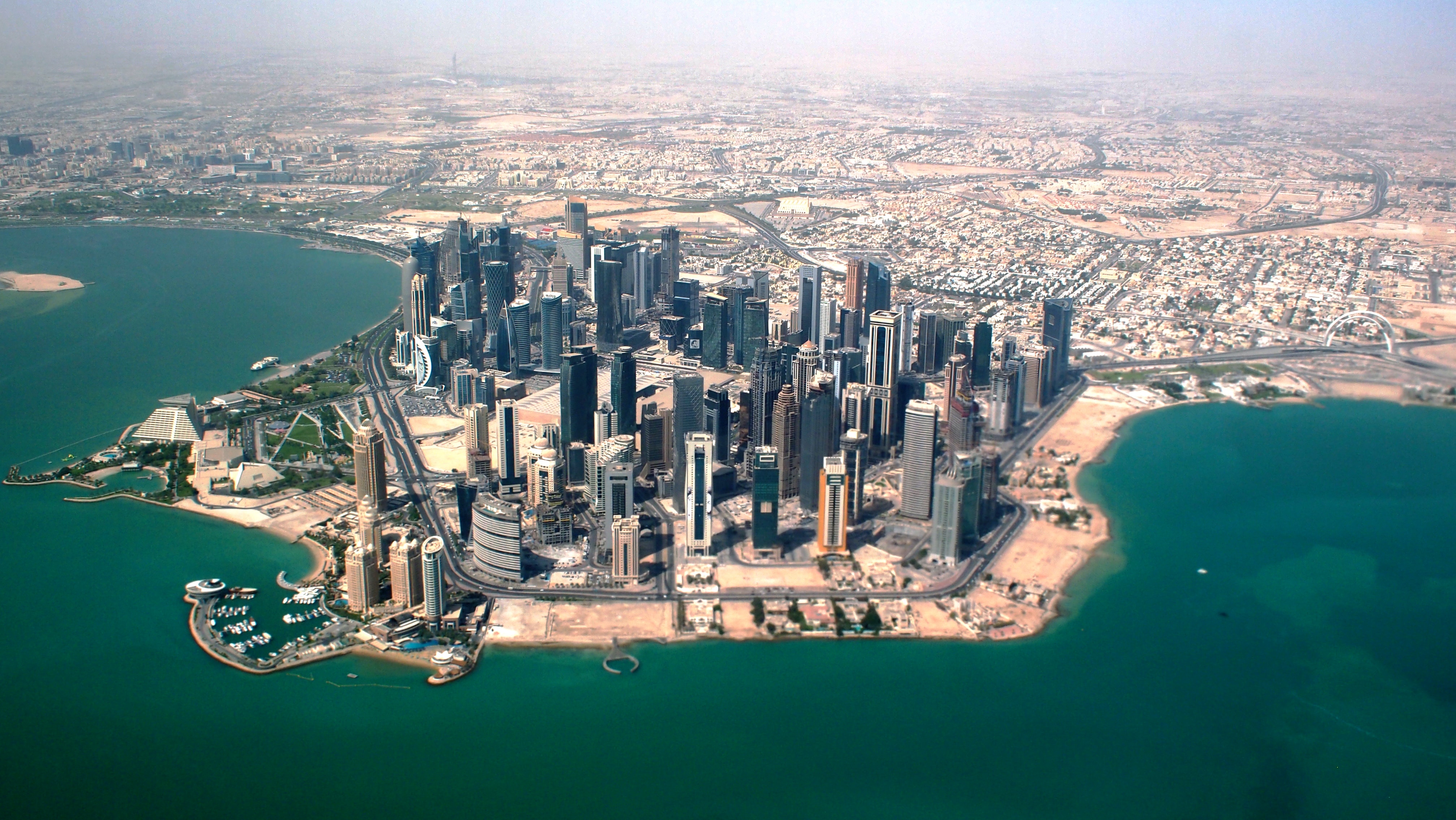Qatar, the host of the 2022 FIFA World Cup, has fallen nine places in the latest Corruption Perceptions Index (CPI) released by Transparency International on Tuesday. The Gulf state scored 58 out of 100 points, ranking 40th out of 180 countries and territories in the 2022 edition of the index, which measures the perceived levels of public sector corruption around the world.
The drop in Qatar’s score comes amid widespread criticism and controversy over its human rights record, its treatment of migrant workers, its laws on homosexuality, and its alleged bribery in the bidding process for the World Cup. Qatar has also faced accusations of enabling transnational corruption by allowing kleptocrats and criminals to launder money and evade sanctions through its financial system.
According to Transparency International, Qatar’s decline in the CPI reflects its failure to implement effective anti-corruption reforms and to protect civil liberties and democratic institutions. The watchdog group also noted that Qatar’s hosting of the World Cup has exposed its lack of transparency and accountability in the management of public funds and contracts.
“Qatar has missed a golden opportunity to use the World Cup as a catalyst for positive change and to showcase its progress on anti-corruption and human rights,” said Daniel Eriksson, the chief executive officer of Transparency International. “Instead, it has shown a disregard for international standards and norms, and a lack of respect for the rights and dignity of its own people and those who have contributed to its development.”
Qatar’s World Cup organizers have defended their preparations for the tournament, which will kick off on November 20, 2022, and will be the first to be held in the Middle East. They have claimed that they have made significant improvements in the working and living conditions of migrant workers, who make up about 90 percent of Qatar’s population and who have been involved in building stadiums, hotels, roads, and other infrastructure for the event.
They have also stated that they welcome everyone to Qatar, regardless of their sexual orientation or gender identity, and that they will not discriminate against anyone during the World Cup. However, they have also asked visitors to respect Qatar’s culture and laws, which prohibit homosexual acts and public displays of affection between couples.
FIFA, the world governing body of football, has also faced criticism for awarding the World Cup to Qatar in 2010, amid allegations of corruption and vote-rigging. FIFA has denied any wrongdoing and has said that it is committed to ensuring that the World Cup is a success and a celebration of diversity and inclusion.
However, some football associations, players, fans, and human rights groups have expressed their concerns and dissatisfaction with FIFA’s handling of the situation. They have called for more pressure and action on Qatar to address its corruption and human rights issues, and to ensure that the World Cup is not tainted by injustice and exploitation.

Leave a Reply